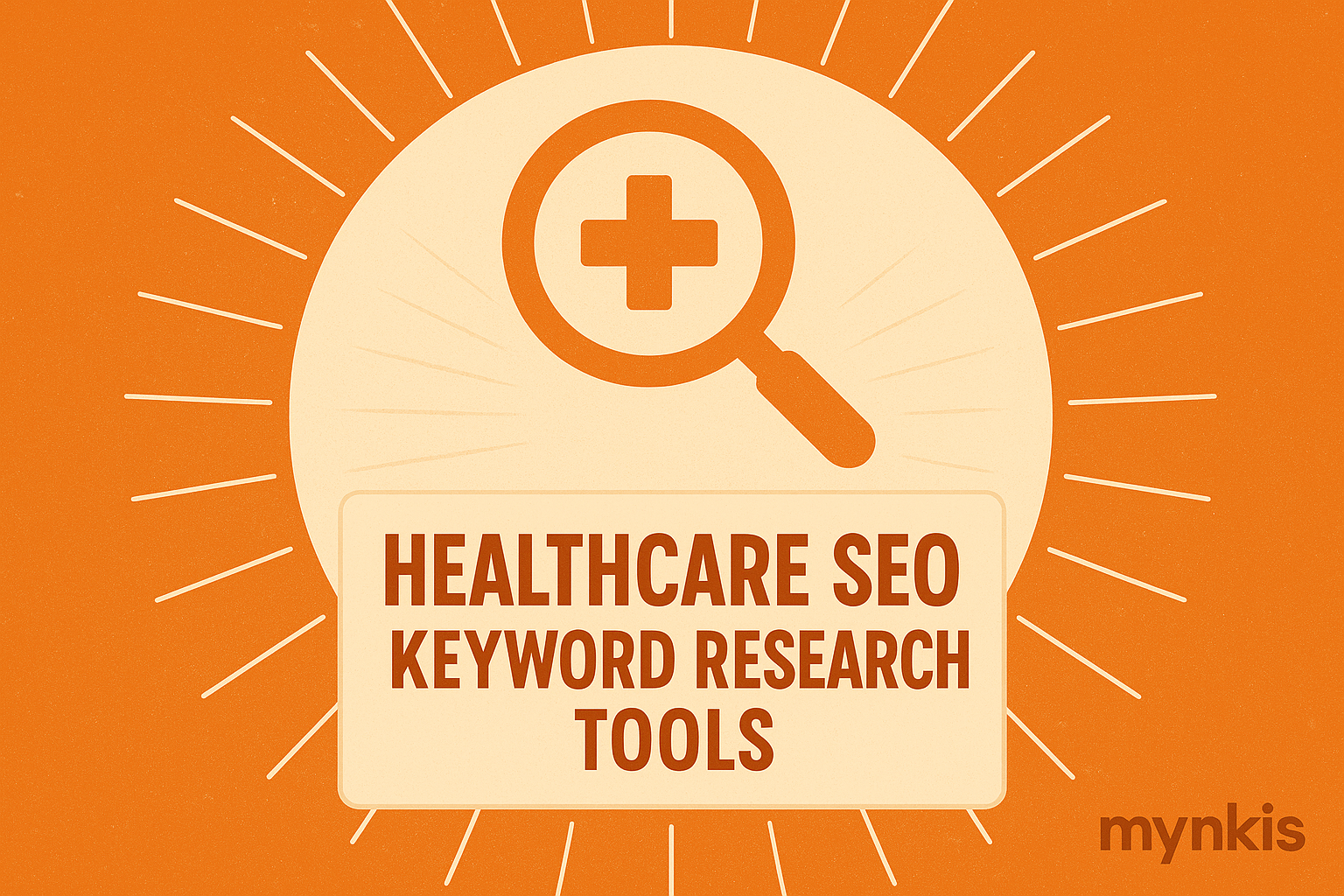Schedule a Demo
In the healthcare industry, the right SEO strategy can be the difference between being found by potential patients or remaining invisible. I've worked with clinics that saw a 20% increase in new patient appointments just by optimizing their website's SEO. With healthcare increasingly moving online, from scheduling to patient portals, ensuring your website is easily discoverable is crucial.
Keyword research forms the backbone of SEO. It's about understanding what terms your target audience uses to find services like yours. For instance, people might search for “best diabetes clinics near me” or “emergency care services.” Based on my experience working with hospitals, the key to effective keyword research lies in balancing high-traffic keywords with more specific, less competitive ones.
Selecting the right tools can streamline your SEO efforts significantly. Here are some top-notch options:
The real value of keyword tools is in how you use them. When I worked with a multi-clinic operation, we discovered through SEMrush that our target demographic was searching for “secure patient portal software.” Incorporating this keyword into their site led to a notable uptick in traffic. It's not just about finding the right keywords; it's about integrating them naturally into your site's content, meta tags, and URLs.
Long-tail keywords, while less competitive, often drive highly targeted traffic. For a hospital, terms like “how to find the best neurologist” might attract more qualified leads than broader terms. In my projects, I've found that targeting long-tail keywords specifically linked to “custom software development” in healthcare settings can improve both your SEO and user engagement.
Healthcare websites deal with sensitive patient information, which brings up the matter of compliance with regulations like HIPAA. Here, tools such as Google's own search console can help you keep your site compliant while also monitoring its SEO performance. In balancing SEO with security, the trick is to ensure your patient portals and data management systems are both user-friendly and safeguard patient data.
Voice search is becoming more relevant, especially in healthcare where someone might ask their smart device, “Hey, where's the closest urgent care facility?” I recommend including conversational keywords in your SEO strategy, particularly for mobile optimization, as more patients are likely using mobile searches to find healthcare services.
Local SEO is vital for hospitals and clinics looking to serve nearby communities. Tools like Google My Business and Yelp can greatly increase your visibility. From what I've seen in my collaborations, optimizing for local searches using phrases like “urgent care center in [City]” can drive a significant portion of new patient inquiries.
Using tools like Google Analytics and Ahrefs to continuously track your SEO efforts is crucial. I've helped organizations understand the correlation between on-page SEO tweaks and increased organic traffic. Analyzing data helps refine your strategy, so consider what performance metrics are most important to your hospital or clinic's growth objectives.
There are several best practices to follow. Start with user intent in mind. When someone searches for “custom software development for healthcare,” they're likely looking for tailored solutions to specific healthcare challenges. Content must be informative and tailored to these queries. Also, leverage schema markup to improve your site's appearance in search results, as seen with doctors on Google's “Knowledge Panels.” Finally, a mobile-friendly site is non-negotiable in today's mobile-driven world.
Real-world examples illuminate the power of SEO. I was part of a project where a small clinic increased its online visibility through targeted local SEO campaigns, achieving a 35% increase in patient registrations within six months. Similarly, a hospital leveraging keywords around “enterprise web solutions” saw its web traffic double, highlighting the tangible benefits of an effective SEO strategy.
Looking ahead, AI and machine learning will likely play a more prominent role in refining SEO strategies. Imagine a system that learns from patient search behavior to better target your content. Keeping an eye on these trends could position your healthcare facility ahead of the curve. However, as always, ensure any advancement respects the privacy and security of patient data, aligning with the ethos of responsible “custom software development.”
To begin, conduct a comprehensive keyword audit with one of the tools mentioned, like SEMrush or Google Keyword Planner. Focus on both high-volume terms and niche, long-tail phrases that might draw in more qualified patients. Optimize your patient portals for both SEO and compliance by consulting IT professionals. Importantly, continuously review your progress and adapt based on the latest data and trends. The landscape evolves, so your SEO strategy should too, ensuring you stay relevant to “custom software development” and “enterprise web solutions” in healthcare.
